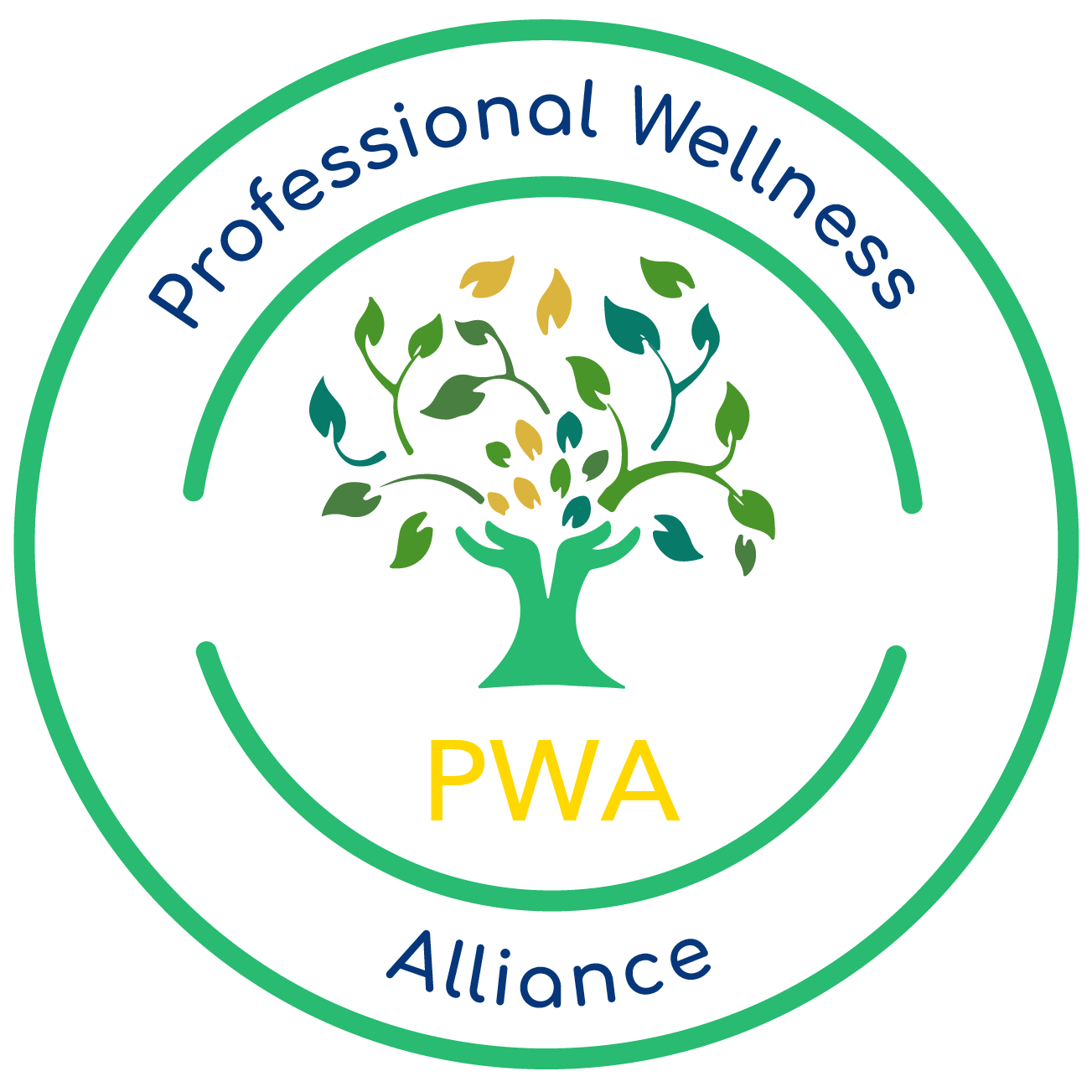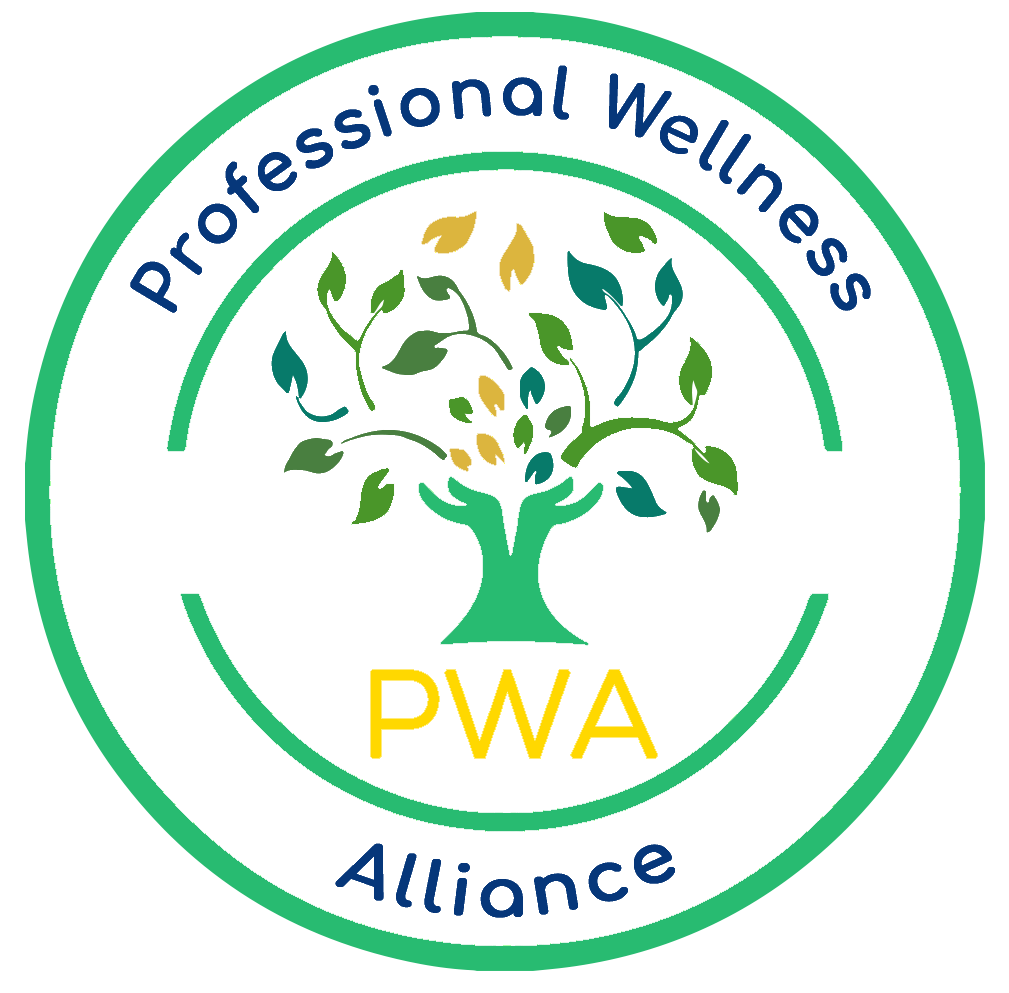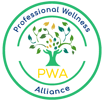Are you a state-licensed practitioner looking to expand your offering? Have your clients asked you for information about natural supplements or healing herbs? Perhaps you have considered incorporating herbal remedies, herbal supplements, or health coaching services related to wellness and nutrition to your existing offering.
For example, you may have a state-license as a chiropractor and are now looking to incorporate functional health and wellness, holistic nutrition, or herbal remedies into your practice.
Or, you could be a state-licensed massage therapist and would like to offer your clients wellness coaching or supplements as well.
Many clients who are seeking holistic health services are also interested in nutrition and herbal remedies either in addition to, or as an alternative, to conventional treatments. Adding an offering in an area such as integrative nutrition, functional nutrition, or herbal medicine can be a great way to serve your clients and provide an even more valuable and well-rounded experience for them.
and herbal remedies either in addition to, or as an alternative, to conventional treatments. Adding an offering in an area such as integrative nutrition, functional nutrition, or herbal medicine can be a great way to serve your clients and provide an even more valuable and well-rounded experience for them.
Nutrition and herbal medicine offerings can help clients to further increase their feelings of well-being and can empower them to take greater responsibility for their own health. This can help you attract new clients with a more complete, multidisciplinary offering.
However, it’s not as simple as just getting a new certification and placing it on the menu of modalities for your clients. There are important considerations and responsibilities including certification, legality, licensure, and safety.
Getting started
A good place to start is by getting to know the different nutritional and herbal approaches and how they can complement your existing practice.
First, research different philosophies, and traditions within nutrition and herbal remedies. Then find the one that resonates most with your existing practice. Consider which will most benefit your clients on their path towards health and wellness.
Integrative nutrition is a concept trademarked by the Institute for Integrative Nutrition®. It takes the emotional, mental, and spiritual dimensions of food into consideration.
Functional nutrition is a branch of the functional medicine philosophy and therefore uses a systems approach that considers the interrelated and complex parts and functions of the body. Rather than trying to suppress symptoms, functional nutrition looks for clues to the root causes of disease within the individual as a whole person
Herbal medicine, also known as botanical medicine or herbalism, has been used for millennia by people across the planet for health and healing. This approach uses medicinal plants to prevent, alleviate, or cure disease. There are many different regional, cultural, and scientific paths within herbal medicine, and related fields such as ethnobotany.
 Holistic nutrition considers the whole person including physical, emotional, social, mental, environmental, spiritual, emotional, mental dimensions, and their impact on health.
Holistic nutrition considers the whole person including physical, emotional, social, mental, environmental, spiritual, emotional, mental dimensions, and their impact on health.
Although most nutritional approaches within the wellness sector advocate for a shift away from processed foods towards whole foods, each approach is personalized and never offers a one-size-fits-all solution or diet. Rather than making sweeping generalizations or dictating the way all people should eat, they are very customized and dynamic to a person’s lifestyle, circumstances, and contexts.
Incorporating herbal supplements
Herbal supplements are making a name for themselves as people learn about the beneficial properties of specific plants. Unfortunately, many people wrongly assume that because they are derived from plants, rather than from pharmaceuticals, they are harmless. While they often have fewer undesirable side effects than over-the-counter or prescription pharmaceutical medications, medicinal plants are powerful and should be taken seriously and with precaution.
There are important issues to be aware of regarding supplements including:
- potential side effects
- risk of misuse or overuse
- interactions with over-the-counter or prescription pharmaceutical medication
- sub-quality supplements, harmful ingredients, or fillers
- forgoing or delaying important or urgent medical care
This is why the evidence-based information and education that health coaches can provide is so important to protect people’s safety, especially with so many fads and availability of supplements on the internet. It is important to educate yourself with solid research and training from a reputable program or institution to have a solid foundation and understanding before recommending supplements to your clients.
Training & Certification
Research training programs and coaching certifications available to you within the  approach that you have identified. There are many online, in-person, and can be done through an institute, university, or community college. Courses can vary in length, price, location and focus. It is important to choose a program that has a mentoring component and highly qualified instructors.
approach that you have identified. There are many online, in-person, and can be done through an institute, university, or community college. Courses can vary in length, price, location and focus. It is important to choose a program that has a mentoring component and highly qualified instructors.
Always remember that having a certification doesn’t automatically grant you legal permission to offer nutrition or health coaching services. In fact, giving nutrition advice or recommending herbal remedies without a defendable legal basis could mean the end of your existing state-licensed practice.
Safety and Legal Concerns
One of the biggest and most dangerous mistakes you can make as a state-licensed practitioner is thinking that your existing license will cover you for anything that goes beyond your existing license. In fact, one of the most common ways that state-licensed holistic health practitioners get in trouble with the law is by straying outside of their scope into nutrition or health coaching.
Across the country, state regulatory boards are cracking down on holistic health practitioners without a defendable legal basis to offer services. State-licensed practitioners who offer a modality outside of their state license are no exception.
Do you have a Defendable Legal Basis?
First and foremost, a certification as a health or nutritional coach is very different from a dietitian. In at least 21 states in the US there are laws that regulate the practice of dietetics.
Nutrition coaches can provide a certain scope of health and wellness as long as they do not infringe on their state’s dietetic practice law.
While health and nutritional coaching are on the rise, the lines are blurred around the legality of being able to actually offer these services. Regulations can vary greatly from state to state. Even if you already have a state license, engaging in any state-regulated activities regarding nutrition could get you in serious legal trouble. These legal problems can be costly. They can result in having your state-license revoked (even if it is a different field). The financial repercussions can be devastating.
What are the consequences?
In many states, giving nutritional advice (including advising clients about taking herbal remedies) without a license can be a recipe for disaster. In Florida, holistic health coach Heather Kokesch Del Castillo was forced not only to shut down her holistic health coaching business completely but also to pay fines. This was because she was operating a health coaching business without a license. Similarly, Donna Harris was threatened with 6 months of jail time and $1,000 in fines for offering diet coaching and weight loss tips on Facebook without a license.
How can I protect my holistic services?
Herbal remedies and nutritional coaching can be an excellent way to expand your existing practice and surround your clients with a multidisciplinary approach to health and wellness.
But even for experienced practitioners in holistic health, the laws around what a health coach or nutrition coach can or cannot do can be confusing.
The Professional Wellness Alliance can help you protect your services, even for offerings like health coaching that fall beyond the scope of your state license. One of the many benefits of the PWA License Program is that it helps you get educated and be informed about what you can and cannot do legally with your additional certifications. It is important that you know exactly what the regulations are in your state.
Join the holistic health movement
Joining the PWA Community as a licensed team member can help you offer health coaching services in your existing practice, safely and legally. You’ll also be a part of the bigger movement to protect and preserve the future of holistic health.
Before putting your meaningful state-licensed practice at risk, always make sure you protect yourself and your clients.
To learn more about joining the PWA Community and protecting your holistic services, visit www.pwai.us.
.png?width=350&height=350&name=professional-wellness-alliance-logo%20(2).png)




